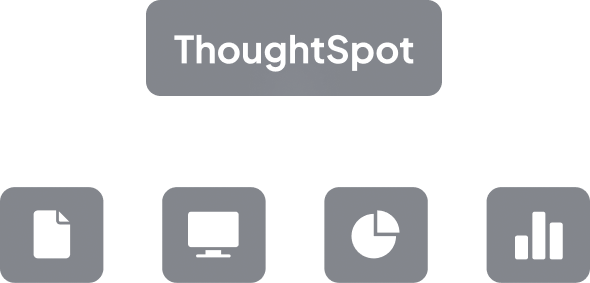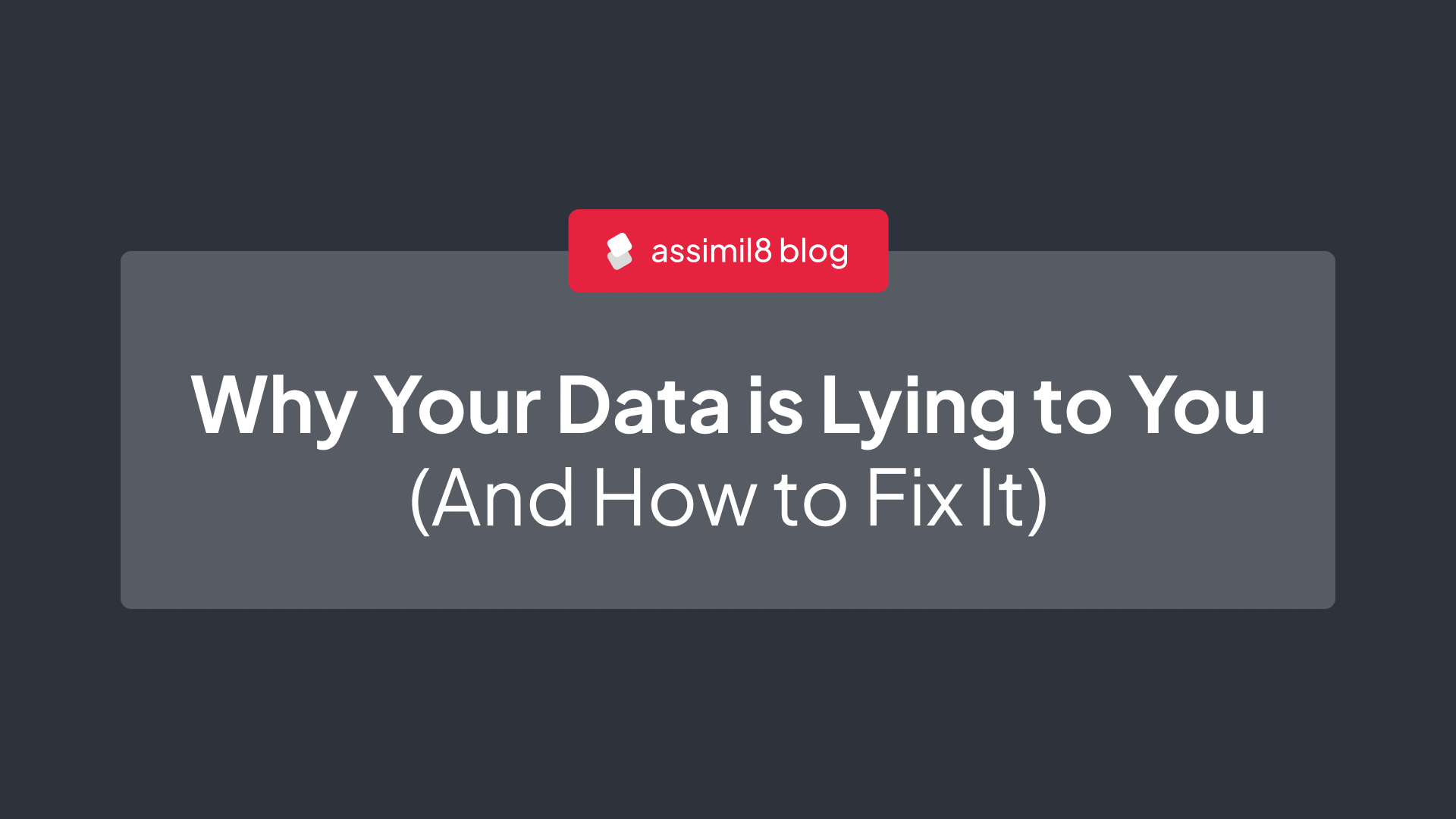Data is everywhere, but making sense of it? That’s the real challenge. That’s where data mining comes in—a powerful technique that helps uncover patterns, trends, and anomalies buried deep in vast amounts of information.
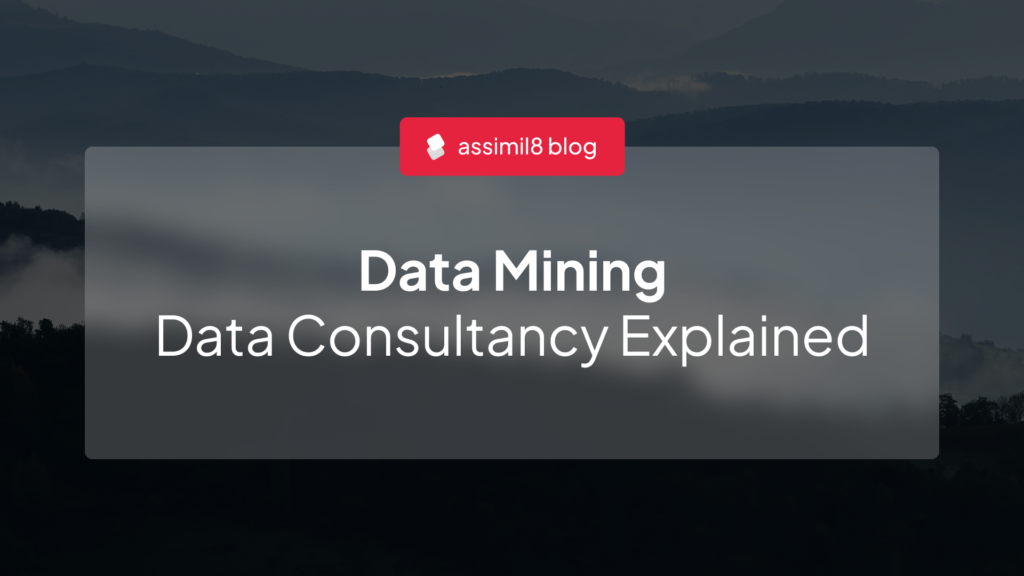
Done right, data mining can transform the way you operate—helping you predict customer behaviour, identify new revenue opportunities, and optimise business processes. In this article, we’ll break down what data mining is, why it’s crucial, and how data consultancy services like ours help businesses extract real value from their data.
What is Data Mining
At its core, data mining is all about turning raw data into actionable insights. By using techniques from machine learning, artificial intelligence, and statistics, data mining helps uncover patterns that would otherwise go unnoticed.
Think of it like searching for gold—except instead of sifting through rock, you’re filtering through vast amounts of customer records, sales data, operational logs, and more to find valuable insights that drive smarter decisions.
Why does this matter? Because the right data, used correctly, can help you:
✅ Better understand customer behaviour
✅ Improve operational efficiency
✅ Identify new market opportunities
✅ Predict trends before they happen
The Role of Data Mining in Data Consultancy
If you’re drowning in spreadsheets and dashboards but still struggling to make data-driven decisions, data mining could be the missing link. As data consultants, we help businesses extract meaningful insights by:
🔹 Cleaning & structuring data – Ensuring accuracy and consistency before analysis
🔹 Identifying key trends & patterns – Spotting opportunities that manual analysis would miss
🔹 Providing predictive insights – Helping businesses forecast future demand, sales, and risks
🔹 Optimising business strategies – Using insights to refine marketing, sales, and operations
With the right approach, data mining doesn’t just tell you what’s happening—it helps you understand why and what to do next.
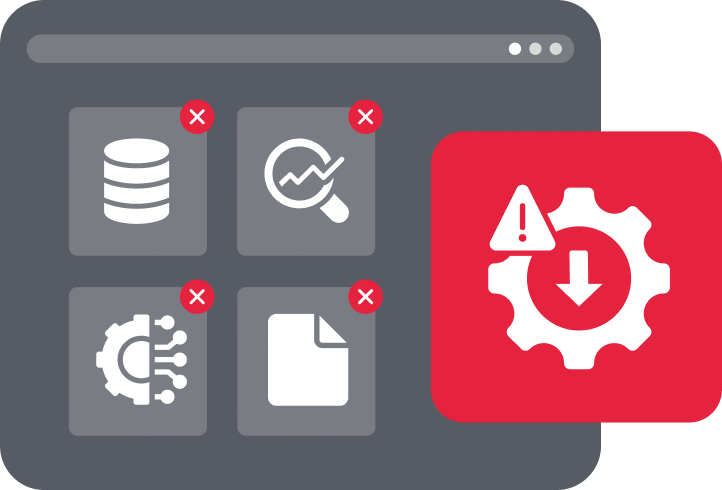
Different Types of Data Mining (and Why They Matter)
There are two main types of data mining, both crucial in different ways:
1️⃣ Descriptive Data Mining
This helps businesses understand historical trends by summarising and grouping data. Techniques include:
✅ Clustering – Grouping similar customer profiles together
✅ Association rule learning – Finding relationships (e.g., “customers who bought X also bought Y”)
✅ Summarisation – Extracting key insights from large data sets
Example: A retail store uses clustering to segment customers based on buying behaviour, allowing them to create personalised promotions.
2️⃣ Predictive Data Mining
This uses past data to predict future outcomes. Techniques include:
✅ Classification – Sorting data into predefined categories (e.g., spam vs. non-spam emails)
✅ Regression – Forecasting numerical values like sales revenue or stock prices
✅ Anomaly detection – Identifying unusual behaviour (e.g., fraudulent transactions)
Example: A finance company uses predictive models to detect fraudulent credit card transactions in real time.
How Data Consultants Use Data Mining to Drive Results
Every business has unique challenges, which is why data consultants don’t take a one-size-fits-all approach. Instead, we tailor data mining techniques to fit your needs. Here’s how we help:
- Customer Behaviour Analysis – Understanding buying patterns to personalise marketing strategies
- Operational Efficiency Optimisation – Identifying bottlenecks and reducing inefficiencies
- Fraud Detection – Spotting anomalies in financial transactions to prevent fraud
- Supply Chain Forecasting – Predicting demand to optimise stock levels and reduce waste
- Churn Prediction – Identifying at-risk customers before they leave
The result? Stronger decision-making, improved efficiency, and competitive advantage.
The Challenges of Data Mining (And How We Solve Them)
While data mining is incredibly powerful, it’s not without its challenges. Here are some common issues businesses face—and how we help solve them:
❌ Too much data, not enough structure → We help clean, organise, and integrate your data
❌ Data quality issues → We ensure data is accurate, complete, and free from duplication
❌ Lack of internal expertise → We provide expert guidance, so you don’t need an in-house data team
❌ Security & compliance risks → We make sure your data is handled securely and within regulations
With the right expertise, these challenges become opportunities to build a data-driven business.
Unlock the Full Potential of Your Data
Data mining isn’t just for big corporations with huge analytics teams. Whether you’re a fast-growing business or an established enterprise, the ability to extract meaningful insights from your data can be the difference between stagnation and growth.
At assimil8, we specialise in helping businesses like yours unlock the power of data mining—so you can make smarter decisions, faster.
📅 Want to see what’s possible for you?
Book a FREE Data Discovery Workshop with our team by clicking here!


